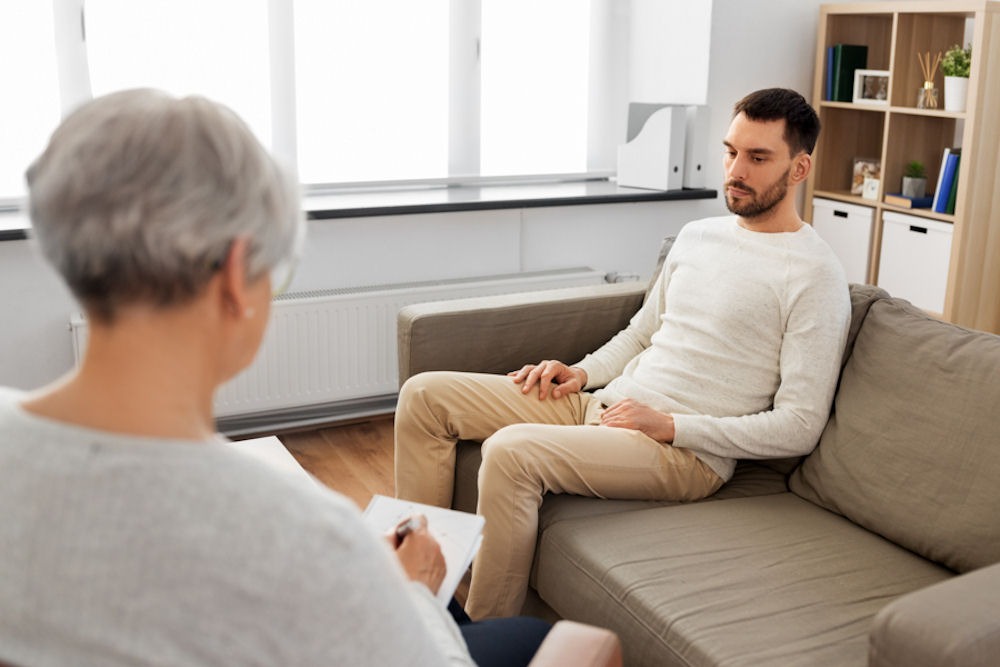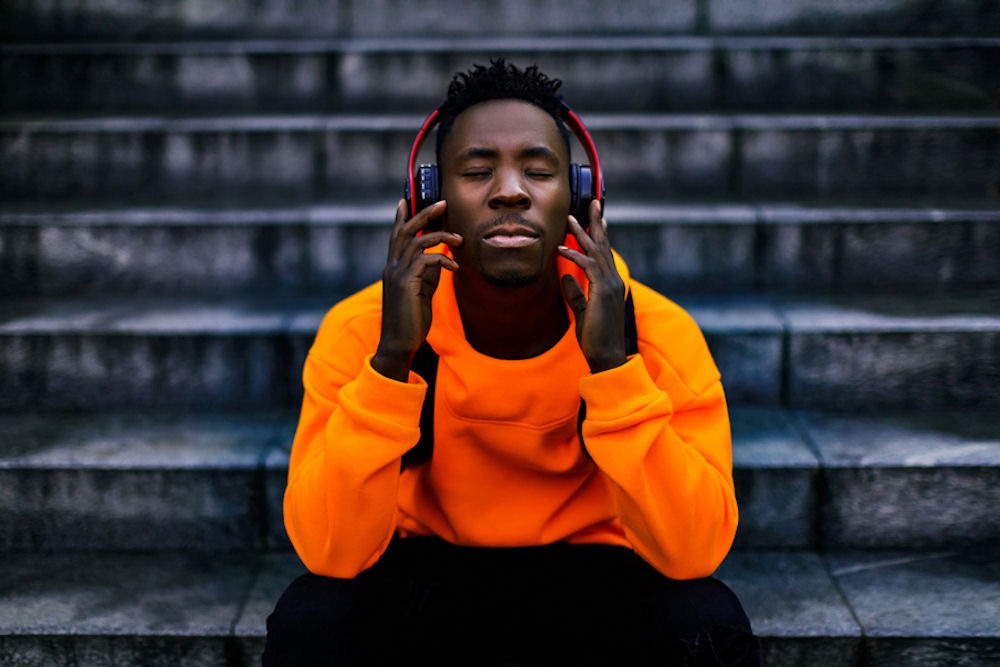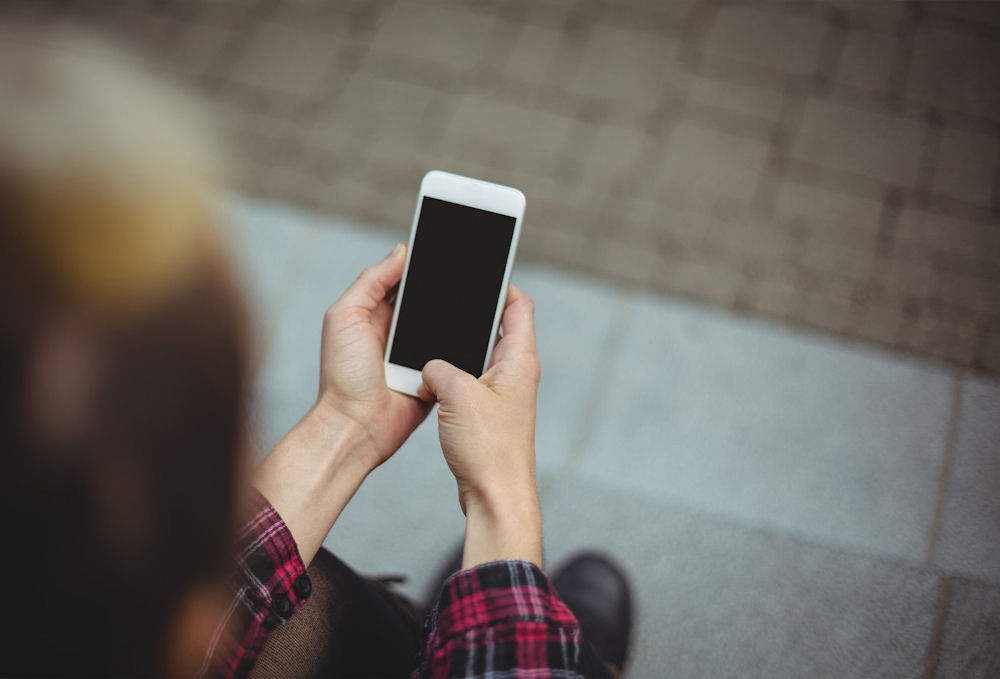Anxiety is a mental illness that can often require lifelong maintenance and upkeep to ensure that the person lives a full and happy life. If someone has a form of anxiety, they’re automatically more prone to addiction because they may want to self-medicate for their condition without the supervision of a doctor. This is a natural inclination, especially if the person does not yet have a formal diagnosis of anxiety.
Many people with anxiety disorders choose to use medication to control their symptoms. However, there are certain groups of anxiety medications that can be habit-forming. Prescription pills addiction is a serious condition that can have very painful withdrawal effects. It’s important to consult with a medical professional when deciding on a course of action when it comes to treating anxiety.
Is There Any Anxiety Medication That is Not Addictive?
There are many forms of medication available for the treatment of anxiety, and professional advice usually includes lifestyle changes to accommodate the role anxiety can play in the person’s life. This can include cutting out caffeine, prioritizing sleep, and even alternative treatments at times. Medication is frequently not the first line of defense when it comes to treating anxiety.
It’s most important to consult with a medical professional and create a treatment plan targeted toward your individual needs. Individual therapy may be required before someone receives an official diagnosis of anxiety, and receiving a prescription for anxiety medication may require additional time with a prescribing medical professional. This is all to guarantee a correct prescription, dosage, and length of treatment.
How Do You Become Addicted to Anxiety Medication?
Addiction can happen to anyone, regardless of age or background. Some people are more inclined toward addiction than others due to genetics or the quality of their upbringing. But the human body can accommodate the presence of addictive substances easily, very quickly making it dependent on these substances to function normally. The addicted person will find it hard to stop using the substances, sometimes very early in the time they start to take them.
One of the most well-known forms of anxiety medications are benzodiazepines, which have been shown to have addictive properties. They are a controlled substance in the United States. However, they are just one form of medication used to treat anxiety. If someone is determined to use medication to help treat their anxiety, there are many options available with varying degrees of strength and side effects.
Types of Anxiety Medications
This is a general review of the types of anxiety medications currently available for use. Not every form of medication is recommended for every type of anxiety, and not all are available in necessary doses.
It’s important to know that few (if any) medications come with no side effects, and not everyone may experience the same side effects when taking the same medication. Please consult with a mental health professional before embarking on a course of medication, and do not exceed your prescribed dose.
Also commonly used to treat depression, SSRI stands for “selective serotonin reuptake inhibitors.” These medications work with the chemistry of the brain to regulate the flow of serotonin, a neurotransmitter that functions to help regulate memory, mood and behavior. They have not been shown to be addictive, but can take up to six weeks to be fully effective. People may also experience withdrawal symptoms if they decide to suddenly stop taking them.
Non-addictive SSRIs currently on the market include:
- Sertraline (also known as Zoloft)
- Escitalopram (Lexapro)
- Paroxetine (Paxil)
- Fluoxetine (Prozac)
- Paroxetine (Paxil)
Like SSRIs, this class of anxiety medication can cause withdrawal effects if someone ceases to use them. But many people prefer SNRIs (serotonin norepinephrine reuptake inhibitors) because they also work with the neurotransmitter norepinephrine, which directly deals with concentration and alertness. The combination can result in a strong uplift in mood. Currently, only Duloxetine (Cymbalta) and Venlafaxine (Effexor) are available on the market as non-addictive SNRIs.
This highly targeted medication is not an SSRI, but it works extremely similarly to one. It only targets one kind of receptor for serotonin, which frequently results in fewer side effects for users.
This class of medications may be more recognizable as treatments for heart or blood pressure problems. But they also work for anxiety by way of blocking the body’s production of adrenaline, the chemical responsible for the fight-or-flight response in the body. It should be noted that these medications are typically intended only for limited use, not as tools for lifelong treatment of anxiety.
The beta-blockers currently on the market for anxiety treatment include:
- Propranolol (Inderal)
- Acebutolol (Sectral)
- Atenolol (Tenormin)
Most commonly used to treat seizures, this medication has been shown to reduce anxiety symptoms. It’s considered particularly helpful for dealing with Generalized Anxiety Disorder (GAD). However, side effects can be very strong and there are many potential drug interactions. Pregabalin does carry some potential for misuse because select users report a feeling of euphoria when using this medication. Users may experience withdrawal symptoms when the medication is stopped.
This medication is considered a mild version of Pregabalin, formulated to not carry as much risk for side effects. However, the chances of side effects still exist and there is still a risk of potential abuse.
This drug is actually an antihistamine originally designed to help with allergies and itchiness. But it’s occasionally used to treat anxiety as an alternative solution. However, it’s not always advised as a treatment because of its extreme sedation effects.
Another antihistamine, this drug has been shown to work faster than SSRIs in alleviating anxiety symptoms. It’s not commonly prescribed due to its sedating properties, but is sometimes used alongside other medications for anxiety.
Signs of Prescription Abuse

Taking on a new prescription always carries a risk of addiction. If you or someone you love is displaying the following signs, it may be time to seek out treatment for prescription drug addiction:
- Intense drowsiness
- Becoming socially withdrawn and distant
- Lethargy
- Lack of interest in previous hobbies or activities
Symptoms of prescription abuse may differ based on the type of prescription at the heart of the addiction. But addiction may progress to the point where the body (and brain) need the drug to maintain proper functioning. At this point, medical assistance will be necessary to healthily detox from the substance. People suffering from anxiety can undergo a dual diagnosis treatment that will take their condition into account.
How is Anxiety Treated?

There are many methods of treating anxiety, both with and without prescribed medication. Not every case of anxiety is deemed severe (or specialized) enough to require medication. Many alternative treatments are most helpful for relieving stress that builds up on a regular basis. But it’s important to follow the advice of a medical professional no matter what your treatment plan for anxiety.
Medication Alternatives for Anxiety
It’s important to follow the recommendations set forth by your medical professional. But if you’re hesitant to go on medication for anxiety or want to intensify your efforts without raising your medication levels, consider adding these alternatives to medication into your routine:
- Reducing caffeine use: While caffeine is commonly accepted as a normal additive to food and beverages, it is still an addictive substance and can increase symptoms in people prone to anxiety. Cutting down or eliminating caffeine altogether may cause you to see a drastic reduction in anxiety.
- Regular exercise: Getting regular physical activity is highly recommended for general health, but is notable for its ability to reduce tension in the body and aid in managing anxiety symptoms.
- Counseling or therapy: Expressing emotions in a safe space is helpful for relieving stress and tension. A mental health professional can also help you learn techniques for
- Meditation and other relaxation techniques: Learning to meditate has been shown to have substantial benefits in lowering stress. Complimentary activities like yoga have also been shown to aid in physical wellness.
- Massage or other alternative wellness therapies: Many alternative wellness activities, such as acupuncture or float tanks, can help reduce stress. Be sure to research potential risks associated with these activities before you participate.
- Reducing use of alcohol and other addictive substances: Using addictive substances puts additional pressures on the body and forces imbalances of hormones and other components to maintain equilibrium. Undergoing detoxification for addiction (and later recovery) is ultimately better for the body, and allows for less anxiety long-term.
Treat Anxiety or Addiction at Principles Recovery Center

It is possible to treat anxiety without medication, but it’s always helpful to get the opinion of a medical professional when developing a treatment plan. At Principles Recovery Center, we work to help you develop a treatment plan for your anxiety that meets your needs. If you’re ready to start your journey toward wellness, contact us today.
